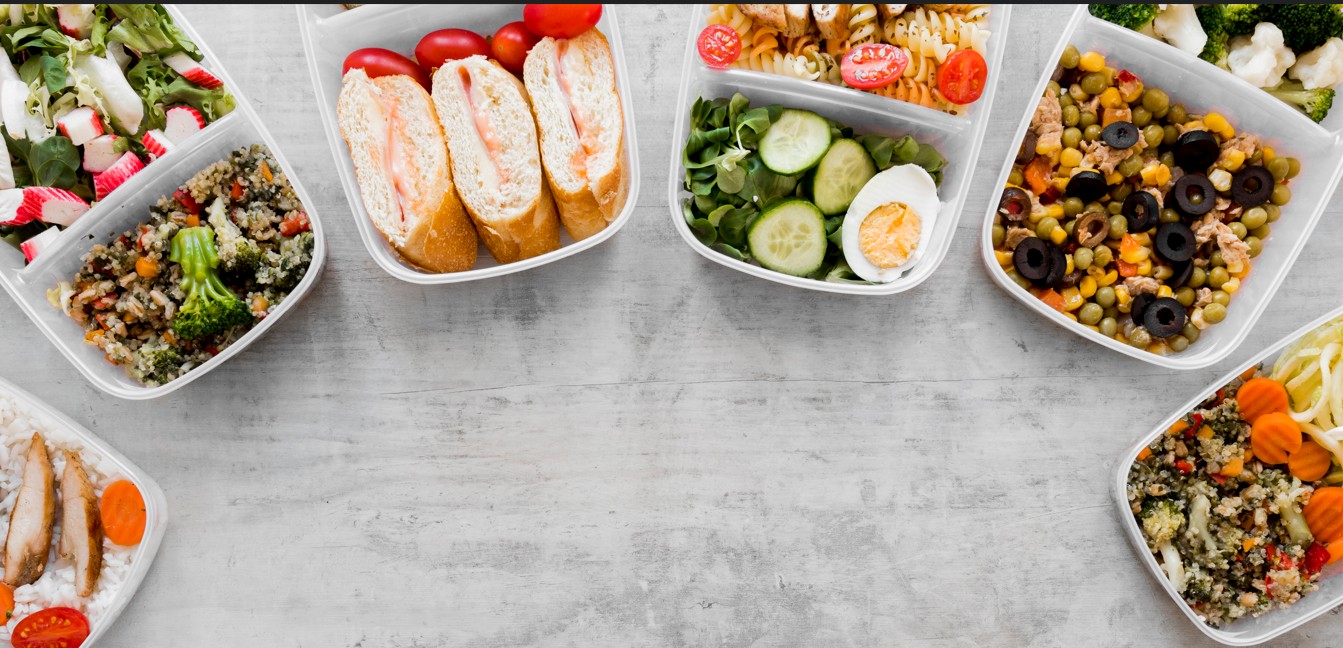No more last-minute rush: Why meal prepping is gaining popularity in Kenya

Meal prepping — the practice of cooking meals in advance — is rapidly gaining traction among busy professionals, students, and families eager to save time, cut costs, and avoid the dreaded “What’s for dinner?” dilemma.
In Nairobi and across Kenya, a quiet revolution is unfolding in kitchens and fridges.
Meal prepping — the practice of cooking meals in advance — is rapidly gaining traction among busy professionals, students, and families eager to save time, cut costs, and avoid the dreaded “What’s for dinner?” dilemma.
More To Read
- Bariis: Beginner’s guide to making the perfect Somali rice
- Basbousa: The classic cake bringing families together
- Robots, smart tables and Somali flavours: Eastleigh’s AK’s Restaurant is the future of dining
- Nine fridge habits that could be ruining your food
- Secret to making perfect chocolate chip cookies at home
- Best biriyani in Eastleigh: Esli Hub Restaurant at Yare Towers delivers a flavour explosion
For years, Kenyans have struggled with hectic schedules, long commutes, and rising food prices, often leaving little time or energy for daily cooking.
Many turned to quick fixes such as takeaways, street food, or microwave meals, options that were convenient but often costly or unhealthy.
Now, more people are embracing meal prepping as a smart, practical solution.
“Before I started meal prepping, I was spending over Sh6,000 a week on food delivery and buying snacks at the office,” says Jane Njeri, a marketing executive from Rongai.
“Now, I cook on Sundays and carry my meals to work. It saves me money and I feel healthier.”
A recent Kenya Urban Food Trends survey shows that over 60 per cent of Nairobi residents cook fewer than four meals per week, often preparing large batches that last several days.
This reflects growing recognition that meal prepping is not just a fitness trend but a practical way to simplify everyday life.
How meal prepping works
Meal prepping involves planning, cooking, and storing food ahead of time. It can be as simple as preparing rice, stew, and vegetables on Sunday to cover several lunches or dinners. For many Kenyans, it means cooking staples like githeri, chapati, or pilau in bulk and storing them in containers for easy access.
“Meal prepping is about making life easier,” explains Dr Mercy Muthoni, a Nairobi-based nutritionist.
“It reduces stress around food choices, helps avoid impulse buys, and encourages healthier eating habits.”
Simple steps for beginners
Choose a prep day: Sundays work best for most people, offering enough time to shop and cook. Plan your meals and draft a shopping list.
Pick easy-to-store meals: Chapati, fish, chicken, stews, and rice dishes store well in the fridge or freezer.
Cook in bulk: Large pots or trays help save both time and energy.
Use proper containers: Airtight sufurias, Tupperware, or clean margarine tubs keep food fresh. Avoid leaving meals uncovered in the fridge.
Store correctly: Refrigerate for 2–3 days or freeze for longer. Always label with cooking dates to track freshness.
Besides convenience, meal prepping saves money. Many Kenyans have cut weekly food costs by up to 40 per cent.
“Knowing I have food ready reduces my daily stress,” says Kevin Otieno, a student at Kenyatta University. “I don’t have to rush to buy food between classes or skip meals.”
Nutritionally, home cooking allows better control of ingredients and portions, making meal prepping a strong tool for healthier eating.
Still, the practice has its challenges. Some worry about meals spoiling or eating the same food repeatedly. Dr Muthoni recommends variety and proper storage.
“Rotate your meals by changing spices or sides, and use freezer-friendly dishes and reheat carefully. This breaks the monotony.”
As more Kenyans embrace meal prepping, businesses are responding. Supermarkets now stock ready-to-cook ingredient packs, while online communities share Kenyan-inspired recipes and tips.
“Meal prepping is no longer just for fitness fanatics; it’s becoming a lifestyle, a way to take control over our food and our time.”
In a country where time is scarce and food budgets are stretched, meal prepping is emerging as a practical and empowering solution.
Top Stories Today













































